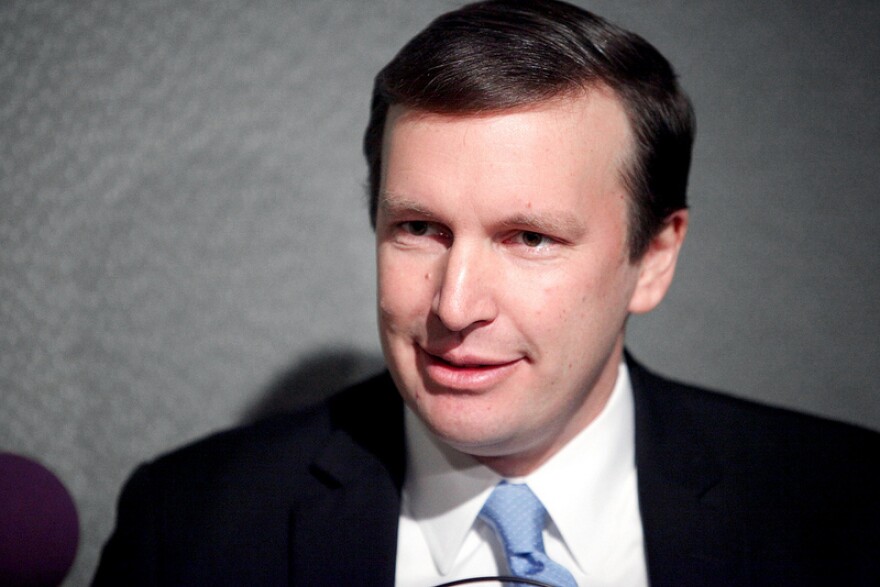"The prospect that a better deal would result from congressional rejection seems like pure fantasy to me."
Sen. Chris Murphy
As President Barack Obama made his case for the Iran nuclear agreement at American University on Wednesday, U.S. Senator Chris Murphy took to the floor of his chamber to come out in favor of the controversial deal.
"I believe that they are less likely to get a nuclear weapon with this agreement than without it," said Murphy.
Murphy acknowledged that the agreement was missing components that he would have liked to see. "The agreement has flaws, but the prospect that a better deal would result from congressional rejection seems like pure fantasy to me," he wrote.
Those flaws include the length of the deal and the conditions on access to military sites. But in a press release, Murphy said he has greater fears over the repercussions of a congressional rejection:
A rejection would isolate the United States, since virtually all of our international partners support the deal and the United Nations Security Council has already approved it unanimously. If we rejected the deal, it would be an ideal scenario for hardliners in Iran. American sanctions would remain, but the global sanctions regime would, at best, fray, and, at worst, fall apart. Iran would be able to resume its nuclear program and our inspectors would be kicked out of the country, causing us to lose visibility of their potential progress toward a weapon.
President Obama continues to ask for congressional support for the Iran deal. One senator still undecided on how he'll vote is Murphy's Connecticut colleague, Sen. Richard Blumenthal.
Blumenthal has been under more pressure from groups opposed to the agreement. The group Secure America Now has paid for Twitter advertisements targeting Blumenthal:
Retweet to tell @SenBlumenthal, giving Iran nuclear weapons will start an arms race in this dangerous area. pic.twitter.com/UoHnGrckLI
— Secure America Now 🇺🇸 (@SecureAmerica) June 30, 2015
Congress has until September 17 to vote on the agreement.


